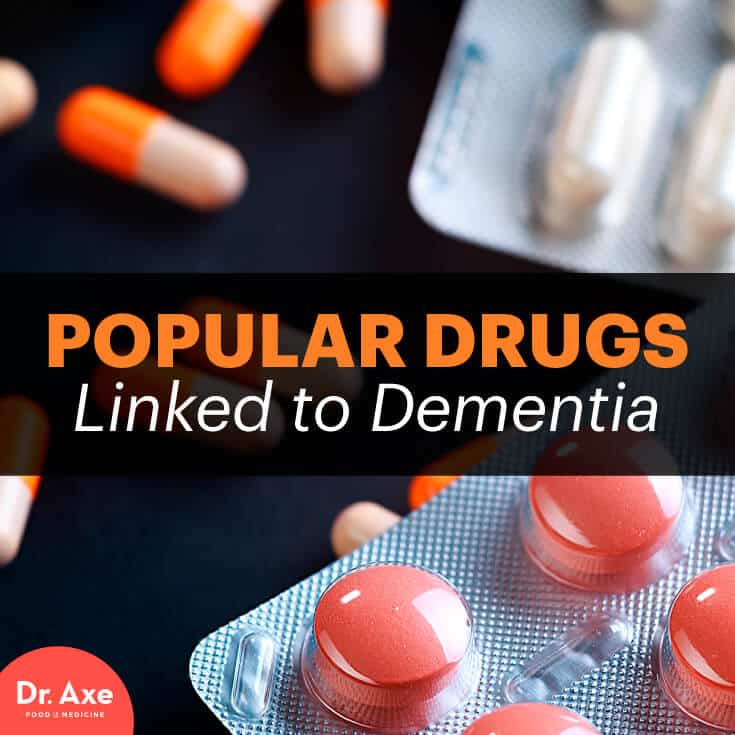The increasingly pervasive use of antidepressant medications has ignited a spirited debate concerning their multifaceted impacts on daily life, particularly regarding driving performance. While these drugs serve as a lifeline for many grappling with depression and anxiety, emerging data suggests that certain classes of antidepressants could be inadvertently impairing driving abilities, engendering a perilous situation on our roadways.
At the crux of this issue lies the profound influence of neurotransmitters—serotonin, norepinephrine, and dopamine—on human cognition and motor skills. Antidepressants, especially selective serotonin reuptake inhibitors (SSRIs), are predominantly designed to elevate mood and alleviate depressive symptoms. However, the resultant alteration in neurotransmitter equilibrium may lead to side effects such as drowsiness, decreased concentration, and even impaired motor coordination, which are essential for safe driving.
Consider the aftermath of an individual commencing treatment with a potent SSRI. Initial phases of treatment often accompany an adjustment period where the patient may experience sedation, lethargy, or a clouded cognitive state. This phenomenon places the driver in a precarious position, wherein the very medication intended to restore emotional stability simultaneously jeopardizes their operational competency on the road.
Moreover, the anxiety that accompanies the prospect of driving while medicated can exacerbate preexisting conditions, leading to heightened tension and distraction. This cyclical instability compels one to ponder: are we truly addressing the core issues of mental health, or merely masking them with pharmacological interventions that have unintended, potentially dangerous consequences?
Statistical analyses in driving assessments have unveiled a disconcerting correlation between antidepressant use and increased vehicular accidents. A recent study illuminated that individuals on specific antidepressants, particularly those with sedative properties, demonstrated a higher propensity for crashes. These revelations demand our attention, as they compel us to reassess not only the therapeutic benefits of antidepressants but also the broader implications for public safety.
The conversation must inevitably shift towards the imperative of comprehensive evaluations before prescribing these medications. Healthcare providers bear a profound responsibility to enlighten patients about potential side effects that extend beyond the scope of mood improvement. A thoughtful dialogue about the implications of antidepressant usage—especially in contexts demanding acute attention, such as driving—should become a standard practice within clinical settings.
In conclusion, while antidepressants represent a groundbreaking advancement in mental health treatment, the potential ramifications for daily activities must not be overlooked. It becomes essential to navigate these waters with caution, ensuring that those who seek relief from mental anguish are sufficiently equipped, both mentally and physically, for the tasks that lie ahead. The question remains: can we reclaim a balance between effective mental health treatment and the safeguarding of our roads? The answer may well dictate the future of safe driving in an increasingly medicated society.
